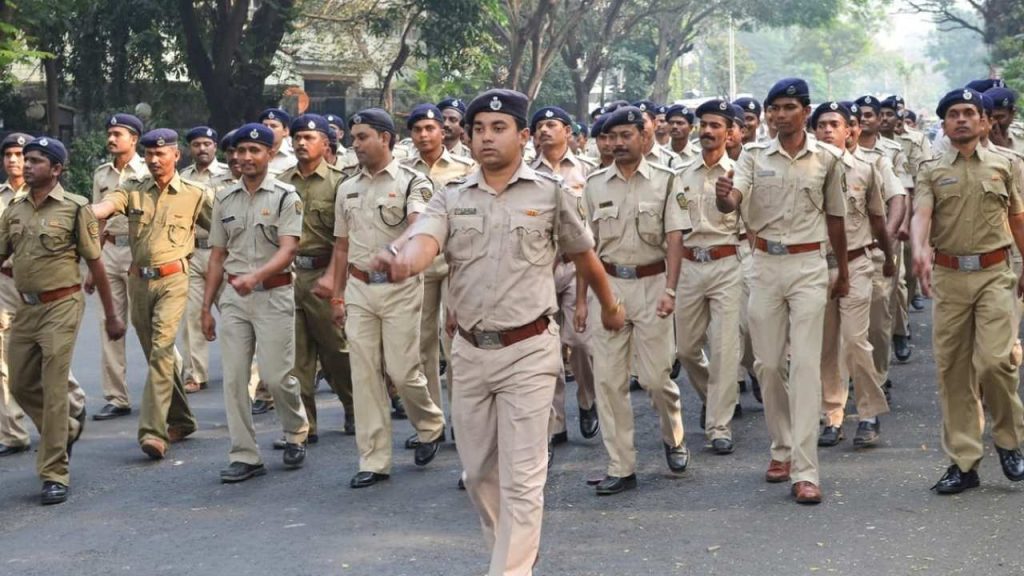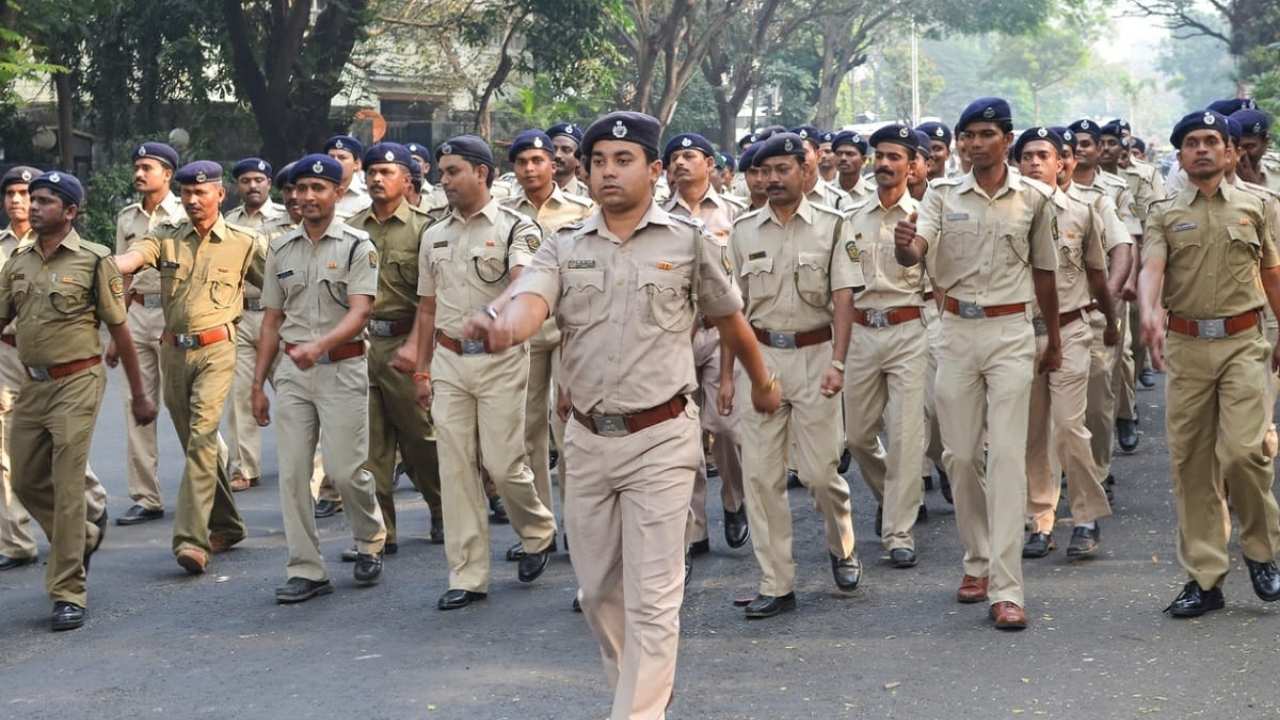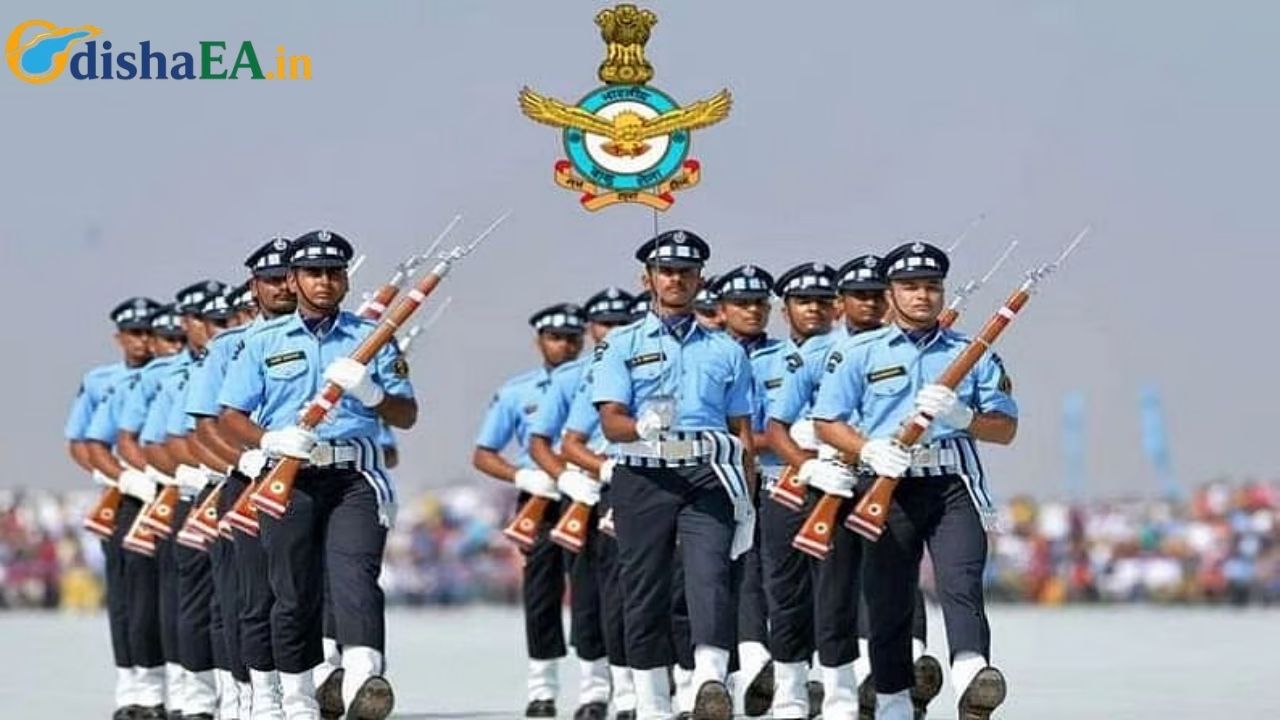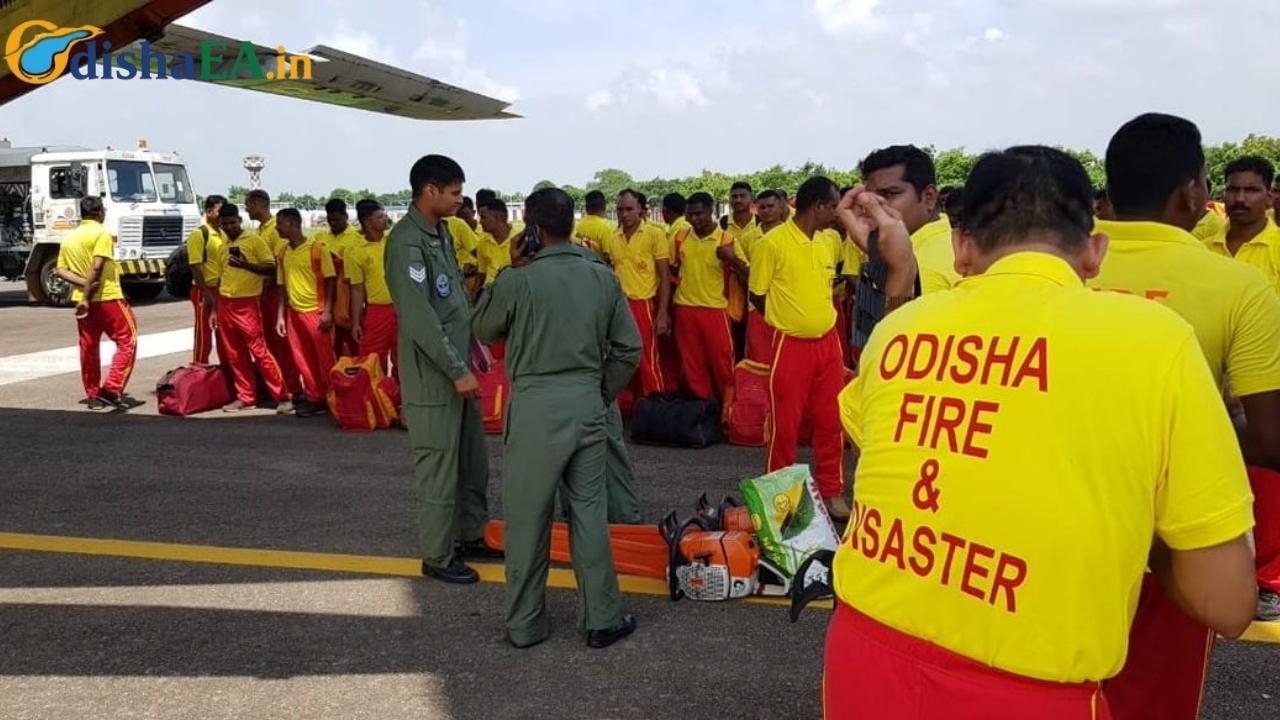The Odisha Special Police (OSP) and Indian Reserve Battalion (IRB) recruits are facing an issue that many are all too familiar with: waiting for an opportunity that has already been promised. Over 1,800 appointees, selected months ago, have been left in limbo after receiving appointment letters, and the lack of induction has caused frustration. Despite completing all the recruitment stages and receiving their official appointment letters as far back as March, the recruits are still waiting for the government to take action. This situation is creating unrest, with some recruits threatening to hold mass demonstrations unless their demands are met.

In this article, we will explore the context of the situation, what is being done about it, and how this situation could be handled going forward. We’ll also offer a step-by-step guide to understanding the issue, addressing concerns, and understanding the larger implications of such delays.
OSP, IRB Appointees Call for Immediate Joining
| Key Fact | Details |
|---|---|
| Number of Recruits Affected | Over 1,800 recruits |
| Date of Appointment Letters | March 17 |
| Merit List Release Date | March 5 |
| Primary Issue | Delay in joining duty despite completed recruitment process |
| Recruits’ Response | Threatening mass protests |
| Government Response | No official joining date confirmed |
| Official Source for Reference | Odisha TV News |
The ongoing delay in the induction of over 1,800 OSP and IRB recruits has sparked frustration and uncertainty. Immediate action from the government is needed to resolve the situation and provide recruits with the clarity they need to move forward. Whether it’s clear communication, immediate induction, or protest, the situation will likely unfold quickly in the coming weeks. Let’s hope the authorities hear the concerns of the recruits and find a resolution that works for everyone.
The Waiting Game: What’s Happening with OSP and IRB Appointees?
Let’s break it down. 1,800+ recruits were chosen for the Odisha Special Police (OSP) and Indian Reserve Battalion (IRB). These recruits passed the final stages of recruitment, including interviews, physical tests, and written exams. After a long and rigorous process, they were issued appointment letters back in March. They were thrilled, thinking their long wait was over, and they were finally set to serve their state.
But here’s the catch: they haven’t been called to join the force yet.
Imagine this: after months of waiting and a lot of hard work, you finally get an opportunity to land your dream job. You get the official paperwork, but then, weeks go by with no word from the employer. You’re stuck, wondering what’s next, and nobody’s giving you any answers. This is exactly the situation these recruits are in right now.
Why is This Happening?
So why is the induction being delayed? The reasons are a bit murky, but it seems to be due to administrative and procedural issues. This can often happen in large recruitment drives when there are a lot of moving parts. Bureaucratic hurdles, such as missing documents, finalizing training schedules, or perhaps budget issues, can lead to delays. Unfortunately, without clear communication from the authorities, this uncertainty only builds frustration among the appointees.
Additionally, there may be logistical challenges in terms of training camps, accommodation, or even financial issues related to the government’s ability to pay these recruits once they join. The government might also be waiting for certain approvals before giving the green light for joining.
But what these recruits want, and rightfully so, is clarity. They need to know when they’ll actually be joining the force, so they can plan their lives accordingly.
What’s the Big Deal?
It might seem like a small problem at first, but the emotional and professional impact of such delays cannot be underestimated. Here’s why it matters:
- Psychological Effects: Imagine waiting for months to start your career, only to have it put on hold. The frustration can affect one’s mental health, especially when there’s no clear reason why the delay is happening.
- Financial Implications: Many of these recruits may have already planned their finances based on the joining date. Some may even have left other jobs to join the OSP and IRB, making it a financial setback when the joining date is uncertain.
- Public Trust: If the government repeatedly delays recruitment or fails to follow through on its commitments, it erodes public trust in the system. Citizens rely on government institutions to uphold their promises, and when that trust is broken, it can lead to bigger societal problems.
What Are the Recruits Demanding?
The recruits are asking for a few things:
- Immediate Induction: They want to know when they can start their new roles. The government has yet to provide a clear joining date, leaving recruits in a state of uncertainty.
- Transparency: They demand open communication. If there’s a reason for the delay, the recruits deserve to know. Transparency from the authorities could go a long way in easing the tension.
- Clarity on Their Future: Many recruits are anxious about their careers. They need to know whether they’ll be joining the OSP or IRB soon or if they need to explore alternative employment options.
A Mass Protest Is on the Horizon
What happens when people feel unheard? They take to the streets. A mass demonstration is on the table if the government doesn’t address the concerns of these recruits. Protests can sometimes be the only way to ensure that the voices of the people are heard, especially when those in power aren’t listening.
The recruits are aware of the impact a demonstration can have, but they believe it’s a necessary step to ensure their future is secured. The protests will likely attract the attention of media outlets and the public, which could push the government to act quickly.
What Can Be Done to Address the Issue?
Now that we understand the problem, let’s take a look at possible solutions and how the government and the recruits themselves can move forward:
1. Government Action
- Clarifying the Timeline: The first step is for the government to provide a concrete timeline for joining. Giving recruits a definite date will help alleviate their anxiety and allow them to make informed decisions about their futures.
- Clear Communication: Authorities need to communicate regularly with the recruits about the reasons for the delay. If there are financial or logistical concerns, these should be shared openly. Trust is built through communication.
- Setting Up a Fast-Track Process: If there are procedural issues causing delays, the government could set up a task force to resolve them quickly. Recruits shouldn’t have to wait indefinitely due to slow-moving processes.
2. Recruits’ Action
- Organize for Change: While protests may seem like the only option, recruits can also organize petitions or lobby their local representatives. Sometimes, addressing the right channels can produce quicker results.
- Staying Patient, But Assertive: While waiting for the government to act, it’s important for recruits to remain patient, but they must also advocate for themselves in a way that’s both respectful and effective.
3. Community and Public Support
- Raising Awareness: Public support for these recruits is crucial. Communities can help by raising awareness about the issue, which will increase pressure on the government to act.
- Backing the Cause: Other police and military personnel who have gone through similar delays can show solidarity, offering advice or resources to help the recruits navigate this tough situation.
Odisha Bandh Brings Bhubaneswar-Cuttack to a Standstill – No Buses, Blocked Roads
Odisha Govt Adds Abetment of Suicide Charges in FM College Student Death Case
Odisha Implements Policy to Prevent High-Risk Prisoners from Attending Court in Person
FAQs
1. Why are these recruits still waiting to join the OSP and IRB?
The delay is due to administrative and logistical issues. The exact reasons aren’t clear, but they may involve finalizing schedules, accommodation, and other procedural matters.
2. How long has the delay been going on?
The appointment letters were issued in March 2025, and recruits are still waiting for a joining date.
3. What happens if the government doesn’t address their concerns?
If the government doesn’t take action soon, the recruits are prepared to protest. A mass demonstration is likely if the situation isn’t resolved quickly.
4. How can recruits protect their interests?
Recruits should stay informed, continue to advocate for themselves, and explore all available options, including legal avenues if necessary.
5. What’s the impact of such delays on recruits?
These delays cause psychological stress, financial issues, and uncertainty. Recruits need clear communication from the government to plan their next steps.





